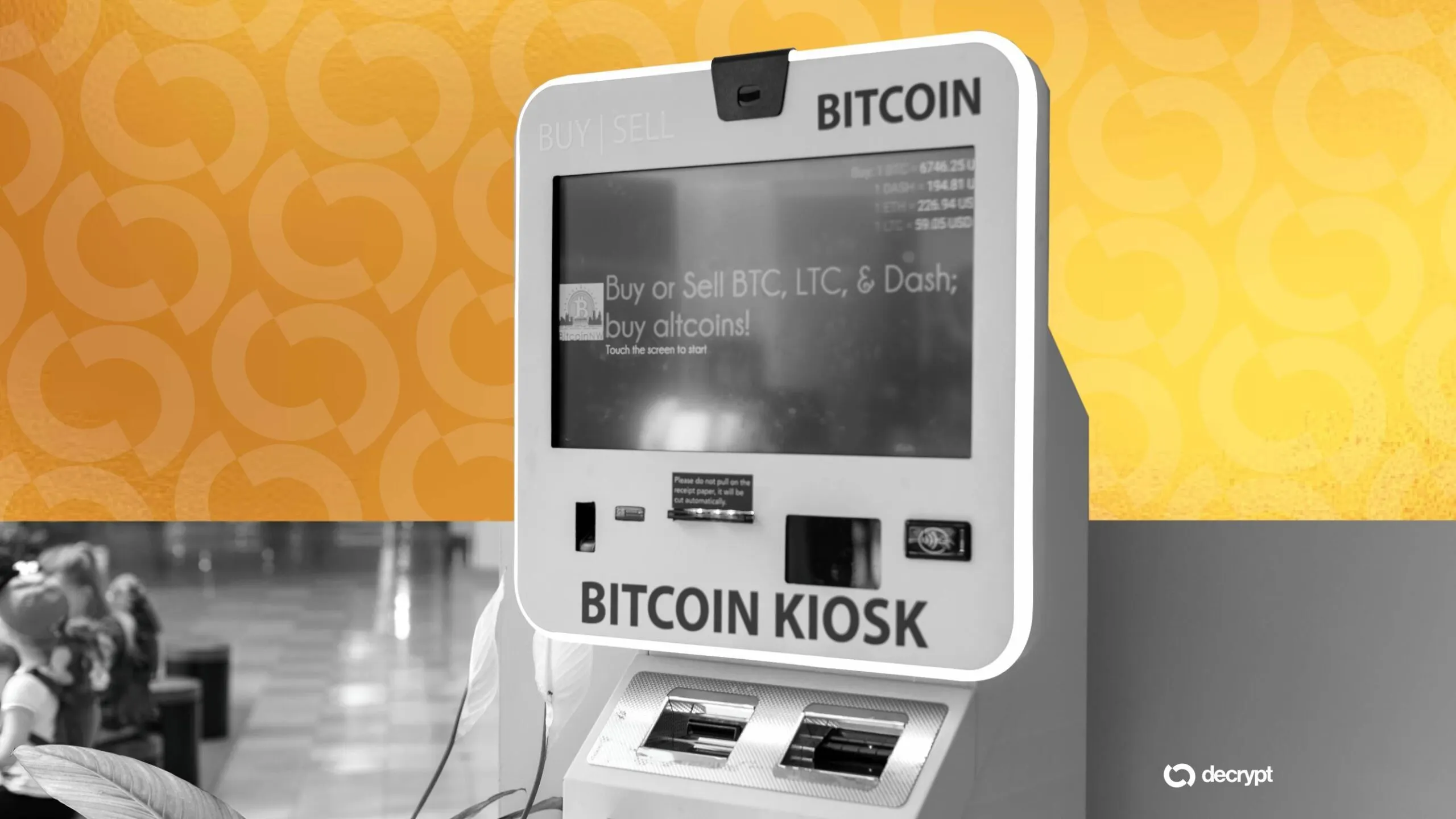In brief
- Spokane, Washington has banned all crypto and virtual currency kiosks following a unanimous council vote.
- Current operators must remove machines within 60 days or risk civil violations.
- Washington State reportedly lost $141 million to virtual currency kiosk-aided scams.
Spokane City Council in Washington State has voted unanimously in favor of a citywide ban on virtual currency kiosks, including crypto ATMs, making it the first Washington city to enact such a ban.
The ban affects some 50 crypto kiosks operating within city limits at convenience stores, gas stations, and major retailers, including Safeway grocery stores and Walgreens pharmacies. Operators must remove their machines within 60 days or face civil infractions and potential revocation of their business license, according to the ordinance.
The move was done to "protect vulnerable Spokane residents" from scams that involved the kiosks, which have become "a preferred tool for scammers looking to defraud unsuspecting victims," Council Member Paul Dillon stated Monday.
Crypto "offers criminals a path to exploitation because it is decentralized and distributed," text from the ordinance reads, citing the "limited tracking" available as a recourse should anyone fall victim to theft or fraud operations.
City officials initially sought state-level regulation in December 2024 through a council resolution supporting transaction limits and enhanced disclosure requirements. When state legislation stalled, Spokane pursued local action.
The ordinance responds to mounting financial devastation, with the FBI reporting $6.5 billion in fraud, scams, and extortion nationwide from 2023. Citing the FBI, the city council noted that of the total, $5.6 billion in losses were due to virtual currency kiosk-aided scams.
Of these, elderly Americans were hit hardest, accounting for $2.8 billion or about 30%, despite their age group being only 17% of the country's population. Washington state, meanwhile, ranks as the tenth most vulnerable state, incurring $368 million in total losses since then.
The FBI's findings connect with an earlier proposal from Illinois Senator Dick Durbin, who introduced the Crypto ATM Fraud Prevention Act in February. So far, the bill has not advanced beyond the committee stage.
Crypto ATM fraud a “growing issue”
Spokane Police Department Detective Tim Schwering said he handles daily calls about residents losing thousands to kiosk-related fraud. At least three suicides in Spokane County are linked to these scams, Schwering confirmed with Spokesman in a prior report.
“I’ve had a number of cases where this money that’s placed in there will end up in places like China, North Korea, Russia,” Schwering told the council, per a report from local media outlet The Center Square.
Schwering recounted how scammers pose as someone from their department, or even someone from the Internal Revenue Service, advising targets to buy crypto from kiosks to safeguard their money. Scammers, often targeting seniors, sometimes threaten victims with jail if they don't comply, Schwering explained.
"Unfortunately, many in our community have fallen victim to this growing issue, with numerous individuals losing their life savings," Schwering said.

